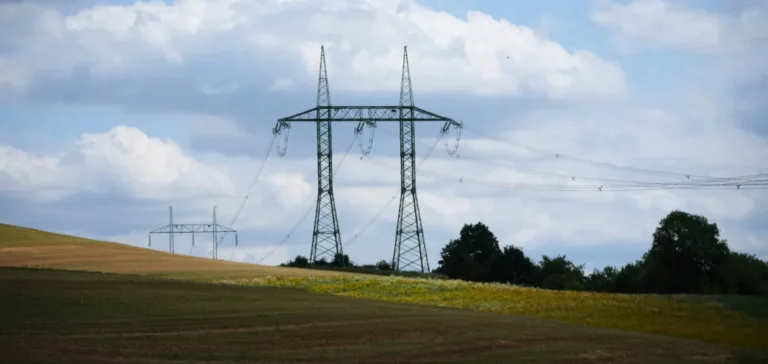A widespread power outage struck the Czech Republic on Friday morning, severely disrupting economic and social activities nationwide. This sudden interruption of the national power grid, managed by ČEPS (Česká energetická přenosová soustava), was initially attributed to a fallen high-voltage line, according to official statements from the company reported by Agence France Presse (AFP). Prague, the country’s economic and administrative capital, was significantly affected, with a temporary shutdown of the entire public transport network, including metro and tram services. This unexpected outage immediately triggered emergency measures across various sectors.
Direct impact on transportation and businesses
Czech Transport Minister Martin Kupka swiftly clarified that five out of fourteen districts, including Prague, experienced significant disruptions in railway services, stranding thousands of passengers and significantly slowing intercity commercial exchanges. Metro lines A and C in Prague were restored within just 15 minutes thanks to rapid intervention, while line B returned to normal after approximately half an hour. However, disruptions to trams and regional trains continued for several hours, severely affecting the daily commutes of citizens and workers.
The direct economic impact of this blackout was exacerbated by the slowdown in commercial exchanges between the affected regions. Hundreds of businesses, both large and small, were forced to halt or significantly reduce their operations. Although E.ON, the company responsible for electricity distribution in the southern part of the country, reported that its network was unaffected, several major industrial areas, particularly around Prague, experienced substantial disruptions. Neighboring Poland confirmed no similar problems on its electrical grid, thus limiting cross-border impacts.
Rapid crisis management and security questions
The Czech national police quickly ruled out the possibility of a terrorist or cyber attack through an official statement on the platform X (formerly Twitter). This prompt clarification alleviated some concerns but nonetheless underscored the country’s dependence on the reliability of its energy infrastructure. Prime Minister Petr Fiala publicly described the incident as “extraordinary and unpleasant,” indirectly confirming the potential seriousness of the event and its impact on perceptions of economic stability in the country.
Despite a gradual return to normal operations in most affected regions, national energy authorities immediately initiated detailed technical inspections. ČEPS stated in a subsequent update that the grid had been restored in most of the territory but continues to assess the root causes of the incident to prevent similar occurrences in the future. Initial reports suggest that no major systemic fault has been identified beyond the initially affected cable.
Tense European context around electrical grids
This event comes several months after another major incident on the Iberian Peninsula, where Spain and Portugal were plunged into darkness following a massive voltage surge in their shared grid. That previous outage had raised concerns about the resilience of the European electrical grid, particularly during periods of high demand linked to extreme weather conditions. Although temperatures in Prague on the day of the blackout remained moderate, around 25 degrees Celsius, the incident nonetheless underscores the strategic economic importance of stable energy supply.
This national outage in the Czech Republic serves as a reminder to businesses, regulators, and investors that European energy infrastructures remain vulnerable to isolated technical incidents that can significantly disrupt the real economy.






















